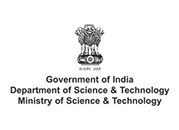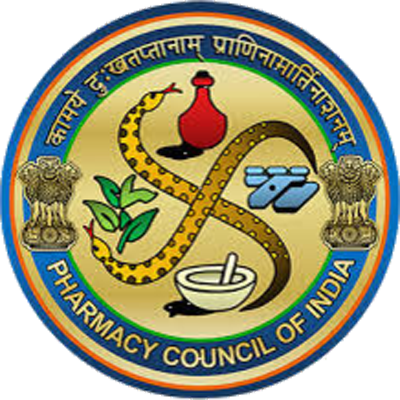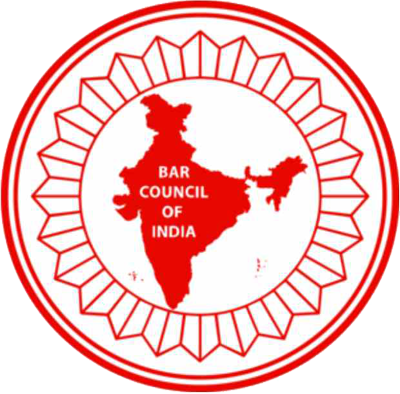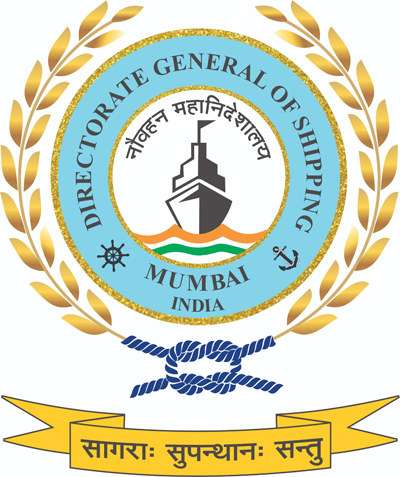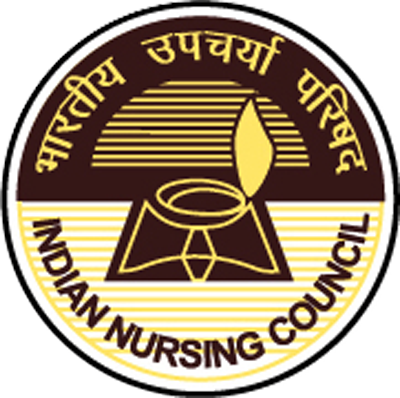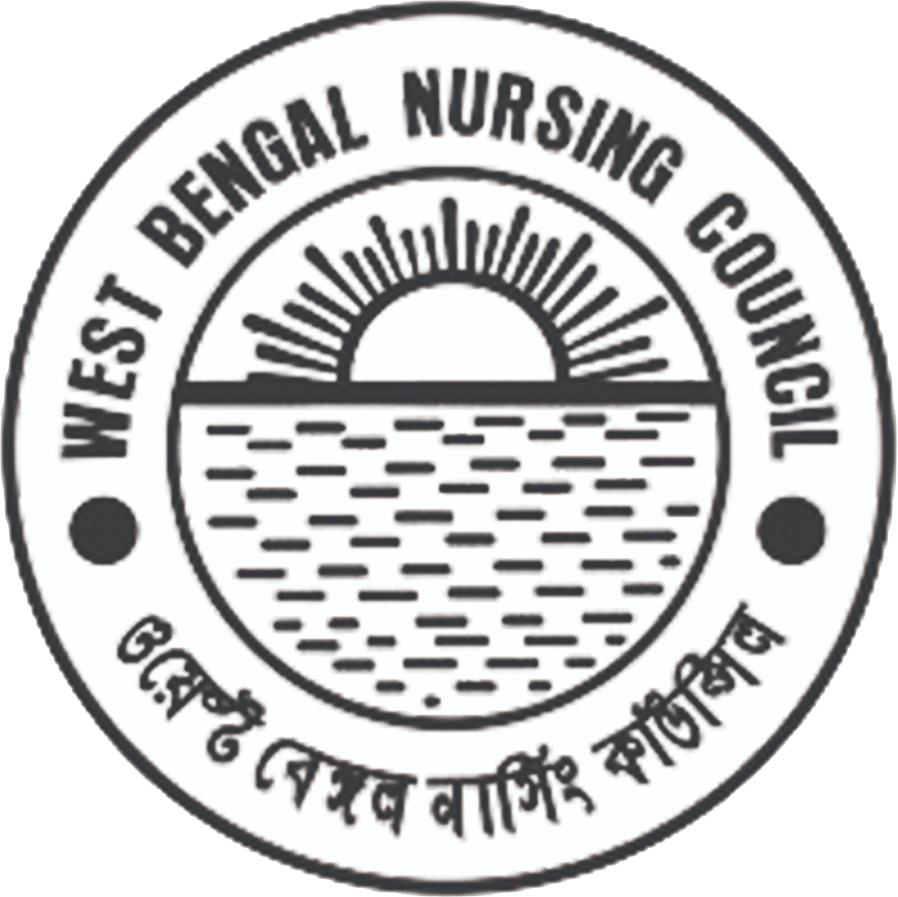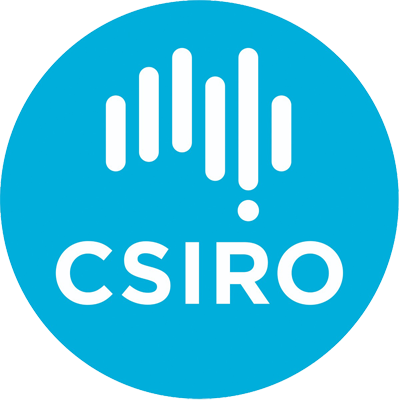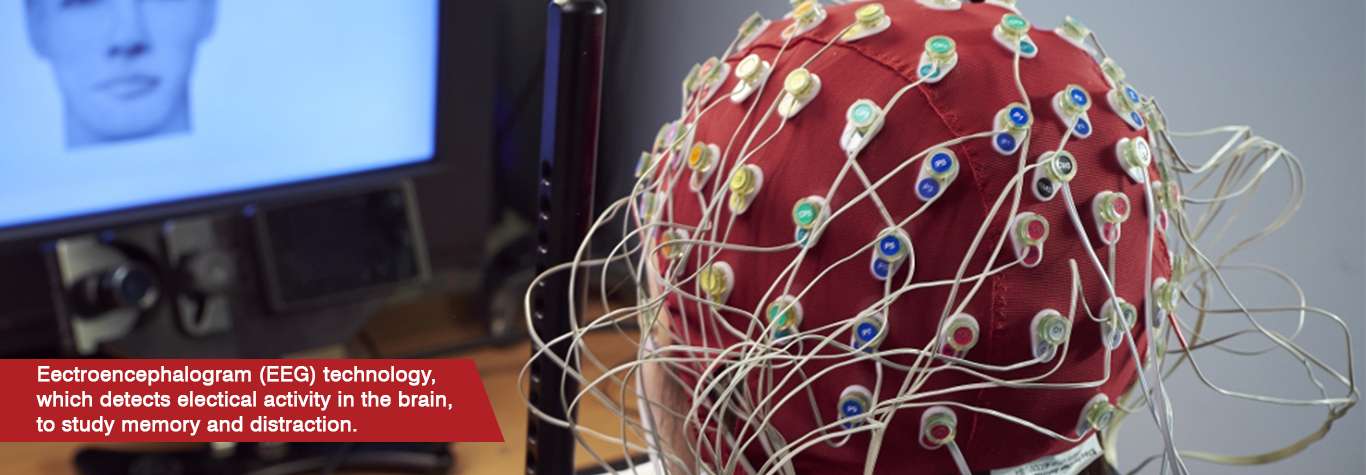- About Us
- Academics
- Undergraduate Programmes
- School of Science & Technology
- School of Maritime Studies
- School Of Agriculture & Allied Sciences
- School of Health Sciences
- B.Sc. (Hons.) in Applied Psychology
- Bachelor Of Medical Laboratory Technology (BMLT)
- Bachelor of Physiotherapy (BPT)
- Bachelor of Optometry (B.OPTOM)
- B.Sc. in Radiology and Medical Imaging Technology (BRMIT)
- Bachelor in Operation Theatre & Anesthesia Technology (BOTAT)
- B.Sc. in Critical Care Technology (BCCT)
- Bachelor in Hospital Management (BHM)
- B.Sc. (Hons.) in Food, Nutrition and Dietetics (BFND)
- B.A./B.Sc. in Rehabilitation Education for Neurodevelopmental Disorder
- School of Pharmacy
- School Of Humanities, Management & Social Sciences
- Institute of Nursing
- School of Hospitality and Culinary Art
- School of Legal Studies
- B. Voc
- Postgraduate Programmes
- Ph.D Programmes
- Choice Based Credit System
- Undergraduate Programmes
- Admissions
- Research
- Campus
- Notice Board
- Alumni
- Media
- NIRF
- Contact Us
- About Us▼
- Academics▼
- Undergraduate Programmes▼
- School of Science & Technology▼
- School of Maritime Studies▼
- School Of Agriculture & Allied Sciences▼
- School of Health Sciences▼
- B.Sc. (Hons.) in Applied Psychology
- Bachelor Of Medical Laboratory Technology (BMLT)
- Bachelor of Physiotherapy (BPT)
- Bachelor of Optometry (B.OPTOM)
- B.Sc. in Radiology and Medical Imaging Technology (BRMIT)
- Bachelor in Operation Theatre & Anesthesia Technology (BOTAT)
- B.Sc. in Critical Care Technology (BCCT)
- Bachelor in Hospital Management (BHM)
- B.Sc. (Hons.) in Food, Nutrition and Dietetics (BFND)
- B.A./B.Sc. in Rehabilitation Education for Neurodevelopmental Disorder
- School of Pharmacy▼
- Institute of Nursing▼
- School of Hospitality and Culinary Art▼
- School of Legal Studies▼
- School Of Humanities, Management & Social Sciences▼
- B. Voc▼
- School of Science & Technology
- Postgraduate Programmes▼
- Ph.D Programmes▼
- Choice Based Credit System
- Undergraduate Programmes
- Admissions▼
- Research▼
- Campus▼
- Notice Board
- Alumni▼
- Media▼
- Payment Gateway
- Campus Visit
- Career
- Student Service Portal
- NIRF
- Contact Us▼




